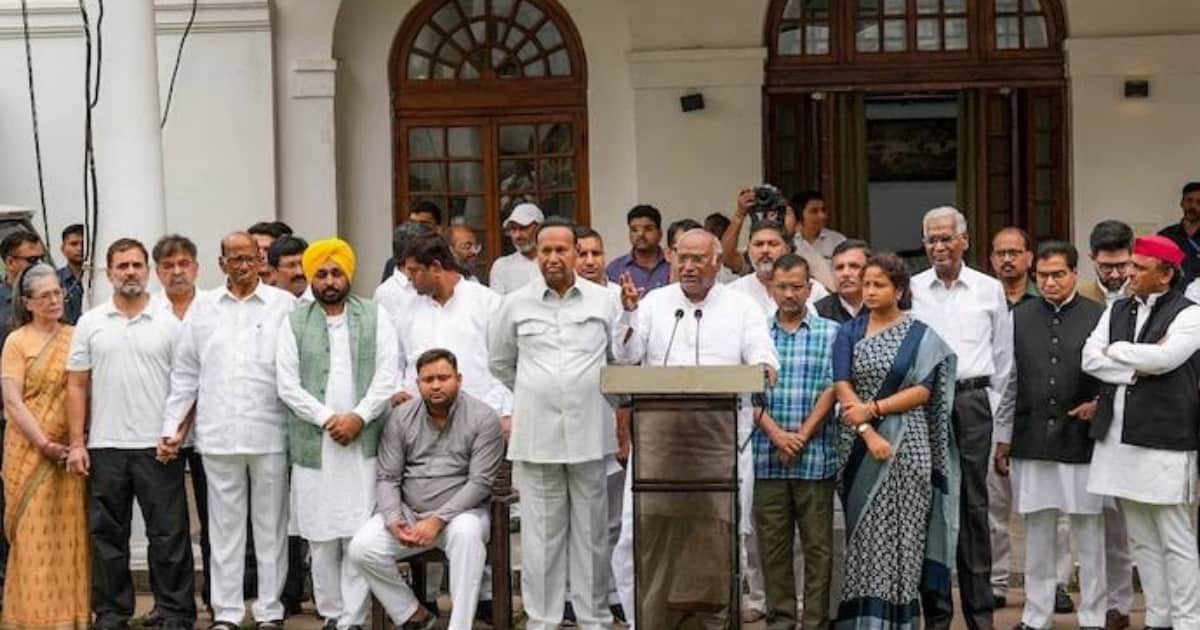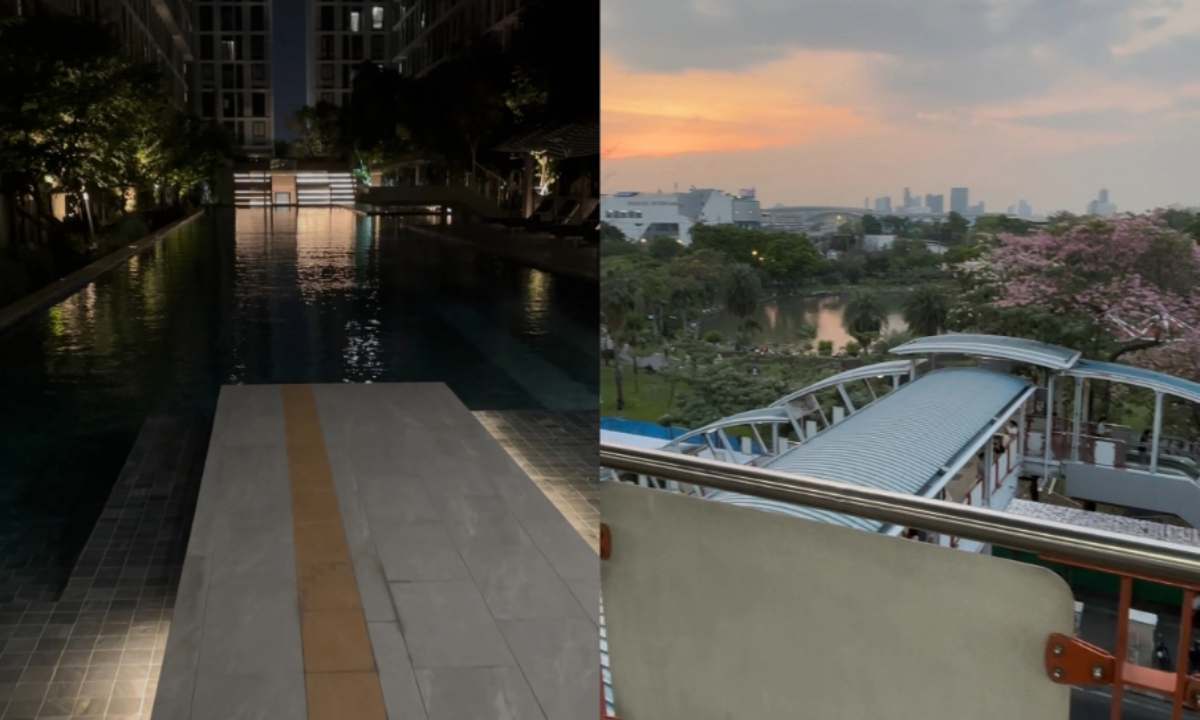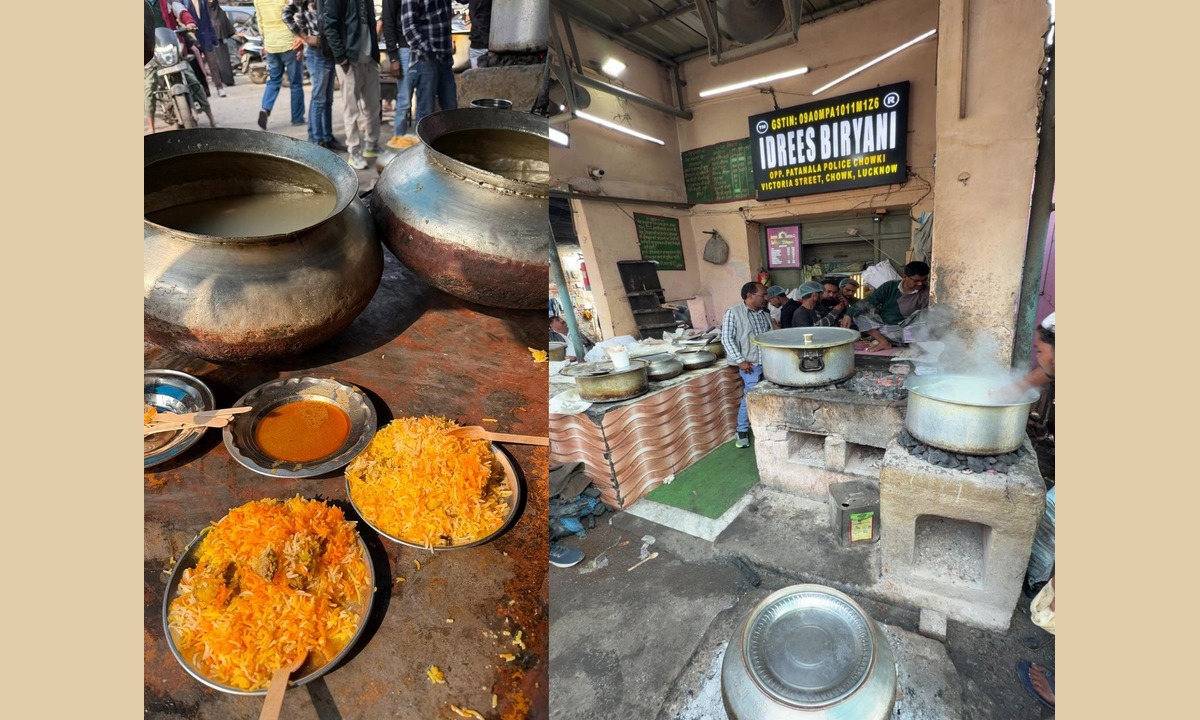
New Delhi: The results of the 2025 Delhi Assembly elections have sent shockwaves through the opposition camp, particularly the constituents of the INDIA bloc. The Aam Aadmi Party (AAP), which once dominated Delhi’s political landscape with an overwhelming 62-seat majority in 2020, has been reduced to just 22 seats. The Congress, despite being a part of the national opposition alliance, failed to win a single seat and, in the process, played the role of a spoiler in at least a dozen constituencies. Meanwhile, the Bharatiya Janata Party (BJP) surged ahead, securing 48 seats and reaffirming its stronghold over the national capital.
This landslide victory for the BJP and the opposition’s failure to consolidate its voter base have raised critical questions about the INDIA bloc’s effectiveness. With the next Lok Sabha elections expected in 2029, the opposition must take this as a serious warning—if they cannot get their house in order in time, they risk giving the BJP another unchallenged term at the Centre.
Infighting and Strategic Blunders
The INDIA bloc was formed with the idea of uniting opposition parties to prevent the division of anti-BJP votes. However, the Delhi results have once again exposed the alliance’s fragile nature, as internal contradictions and strategic miscalculations have cost them dearly. The cracks in the alliance became apparent when National Conference leader and former Jammu & Kashmir Chief Minister Omar Abdullah posted a cryptic remark on X (formerly Twitter): “Aur lado aapas mein!!!” (fight amongst yourselves). His frustration reflects the growing discontent within the opposition ranks, as leaders watch their supposed allies undermine each other rather than coordinate effectively.
D Raja of the Communist Party of India (CPI) also termed the results a “wake-up call” for the INDIA bloc, particularly for the Congress. He stressed the urgent need for a reassessment of strategy if the opposition hopes to counter the BJP in the coming years.
The biggest strategic failure in Delhi was the Congress’s decision to contest against AAP in multiple constituencies, effectively splitting the anti-BJP vote. In at least 12 seats, Congress fielded candidates who secured just enough votes to ensure a BJP victory. This move did not help Congress electorally—it failed to win a single seat—but it critically damaged the alliance’s prospects.
The BJP’s Strategic Gains
For the BJP, the Delhi victory is not just about winning an assembly election; it is a reaffirmation of its ability to exploit opposition disunity. The party has been out of power in Delhi’s state government since 1998, but it has maintained a strong presence in municipal and national elections. In the 2024 Lok Sabha elections, the BJP won all seven parliamentary seats in Delhi, showing that its popularity remains intact despite AAP’s stronghold over the city’s governance.
This time, the BJP built on its momentum by leveraging a combination of aggressive campaigning, a well-organised cadre, and a narrative that resonated with voters. Key factors contributing to the BJP’s success include:
1. Strong National Leadership: The BJP’s campaign revolved around Prime Minister Narendra Modi’s leadership, contrasting it with AAP’s alleged governance failures and corruption scandals.
2. Focus on Law and Order: The BJP effectively tapped into voter concerns over rising crime and mismanagement under AAP’s rule, portraying itself as the party of stability.
3. Anti-Corruption Narrative: The arrests and legal troubles of AAP leaders, particularly in the liquor policy scandal, dented the party’s credibility. The BJP made this a central issue, reinforcing its image as a corruption-free alternative.
4. Booth-Level Mobilisation: The BJP’s deep organisational strength helped it consolidate votes in areas where AAP had previously been dominant.
5. Weak Opposition Coordination: Above all, BJP’s biggest advantage was the lack of unity among opposition parties. By contesting against each other in key constituencies, the INDIA bloc practically handed over victories to the BJP.
Congress’s Dilemma: Leadership or Liability?
The Congress’s performance in Delhi was nothing short of disastrous. Despite being part of the INDIA bloc, the party failed to strike an effective seat-sharing arrangement with AAP. This is not an isolated case—similar issues have been seen in states like West Bengal, where Congress’s friction with the Trinamool Congress (TMC) has indirectly benefited the BJP.
The Congress now finds itself at a crossroads: should it prioritise its own revival, even if it weakens the opposition’s overall prospects, or should it fully commit to the INDIA bloc and accept a diminished role in states where regional parties are stronger?
In Delhi, Congress’s attempt to revive itself by contesting aggressively against AAP suggests a lack of clarity about its role within the opposition alliance. While its vote share may have improved slightly from 2020, it ultimately gained nothing, while allowing the BJP to strengthen its position.
AAP’s Struggles: From Dominance to Decline
AAP’s decline in Delhi is perhaps the most striking outcome of this election. Having secured an overwhelming 62-seat majority in 2020, the party’s fall to 22 seats is a major setback for Chief Minister Arvind Kejriwal.
AAP had built its reputation on governance-focused policies, particularly in education, healthcare, and free electricity. However, the BJP successfully changed the narrative by highlighting corruption allegations against AAP leaders and positioning itself as the more reliable alternative. The party’s legal troubles, especially in the liquor policy case, weakened its credibility among voters.
Additionally, AAP’s national expansion efforts have yielded mixed results. While it managed to form a government in Punjab, its performance in states like Gujarat and Himachal Pradesh has been disappointing. The Delhi election results now raise concerns about AAP’s ability to maintain its foothold even in its home turf.
Lessons for INDIA Bloc Ahead of 2029
With the next Lok Sabha elections expected in early 2029, the Delhi results serve as an urgent warning for the INDIA bloc. If the opposition continues to operate in a fragmented and disorganised manner, it risks handing the BJP yet another term without significant resistance.
Some key takeaways for the INDIA bloc include:
1. Stronger Seat-Sharing Agreements: Opposition parties must finalise and respect seat-sharing agreements. The Delhi elections have proven that failing to do so only benefits the BJP.
2. Unified Messaging: The opposition lacks a consistent and compelling narrative. If it hopes to challenge the BJP effectively, it must present a clear and united vision.
3. Avoiding Electoral Suicide: Congress and regional allies must decide whether they are partners or competitors. Contesting against each other only weakens the broader opposition movement.
4. Countering the BJP’s Ground Game: The BJP’s ability to mobilise voters at the grassroots level is unparalleled. The opposition must build similar organisational strength if it hopes to compete.
Awadh360 plus
Delhi has sounded the alarm for the INDIA bloc. The opposition’s failure to coordinate effectively, combined with internal rivalries and strategic missteps, has cost them dearly. If they do not learn from this defeat and rectify their mistakes, they risk repeating them on a national scale in 2029.
The road to the next general elections is long, but the BJP has shown that it remains a dominant political force. The question for the opposition is simple—will they wake up in time, or will they continue to self-destruct?
Popular Categories
Read More Articles
Travel and Tourism
Travel to Thailand gets costlier: International passenger service fee to jump 53% from June by Awadh 360° Desk February 22, 2026Travel and Tourism
Thailand Extends Visa-Free Stay for Indians to 60 Days, Allows 30-Day Extension by Awadh 360° Desk February 19, 2026Travel and Tourism
Lucknow or Zaike: A City Remembered Through Taste by Mohammed Syed Zaid February 11, 2026Business
What's Up With WhatsApp? by Prateek Shukla February 9, 2026



